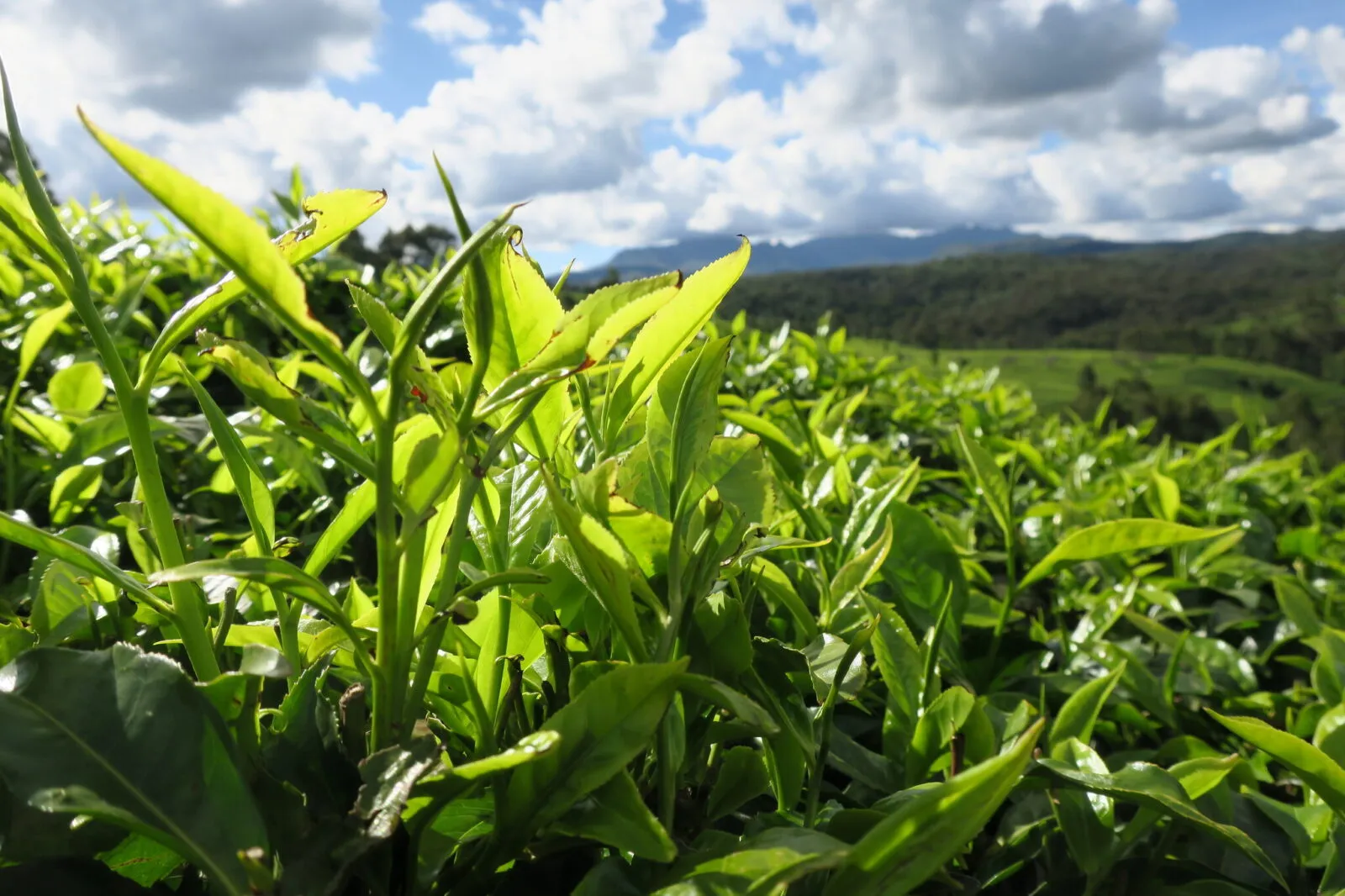The Kenya tea sector is experiencing unprecedented challenging times. Tea producers across the country have reported historically low sales prices while production costs continue to soar. At the same time climate change and extreme weather conditions continue to bring about unpredictable harvests, and at times, reduced yields. Social issues associated with systemic inequalities, including discrimination, harassment, and gender violence, continue to pose risks for the sector as well.
To gain a deeper understanding of current practices and challenges among certified tea producers in Kenya, the Rainforest Alliance commissioned an independent research study conducted by UK-based research and consulting firm Ergon Associates (Ergon) together with Nairobi-based Locals & Associates. The study was conducted with twelve certificate holders including certified tea estates and Kenya Tea Development Agency (KTDA) factory groups in the Great Rift Valley. It sought to examine current issues facing the industry and its workforce and identify challenges in transitioning to the 2020 Rainforest Alliance Sustainable Agriculture Standard.
Originally planned for early 2021, the study was conducted between June and November of that same year. The delay was caused by the impacts of COVID-19 on travel, and other operational challenges in the country.
Systemic challenges and a shared approach
The Kenya study included the: impacts of transition to mechanized harvesting; employment terms and conditions; women, discrimination, and gender-based violence and harassment; wage levels and payment practices; occupational health and safety; housing and living conditions; and operational grievance and remedy mechanisms. These represent some of the most difficult issues facing the tea sector and point towards the need for a shared approach to overcome systemic challenges in the sector.
In particular, the study identified two main areas of attention: progress towards a living wage for tea field workers, and the need for stronger systems to address gender-based violence and harassment (GBVH). The study noted some good practices particularly in housing and health and safety on estates. However, low prices and low wages are the central challenges to the future of the Kenya tea industry. These challenges are further exacerbated by the shift to mechanized harvesting, and the lack of worker representation in addressing critical issues such as wages and worker safety, despite formal systems such as collective bargaining agreements. These and other trends create difficulties for certified farms to address gaps in transitioning to the 2020 Rainforest Alliance Sustainable Agriculture Standard.
The way forward
In May 2022, Ergon invited stakeholders in the Kenya tea industry to a validation workshop to discuss ways to address the risks and challenges in the sector. These include the need for a coordinated approach to tackling the sector’s challenges, the need for a level-playing field to make progress on wages, and the potential for Rainforest Alliance certification to help drive progress and encourage new investments for improvements.
Read the report.
If the Kenya tea sector is to rise above the current challenged and truly thrive, all actors in the global supply chain must commit to a shared responsibility approach, and the time to do that is now. The responsibility for sustainable transformation cannot fall on farmer’s shoulders alone. A truly sustainable tea sector is one in which tea producers have the knowledge and resources to produce tea in a way that is environmentally, economically, and socially sustainable – and who are also supported by other supply chain actors to help bring about a sector that is more resilient to price volatility and climate change.


